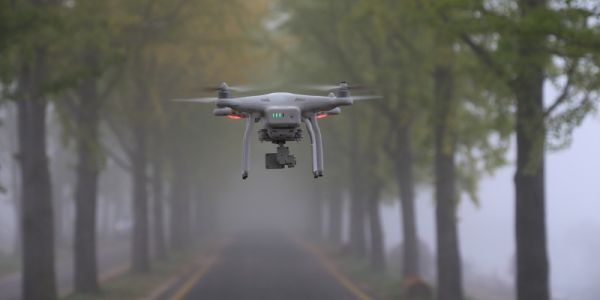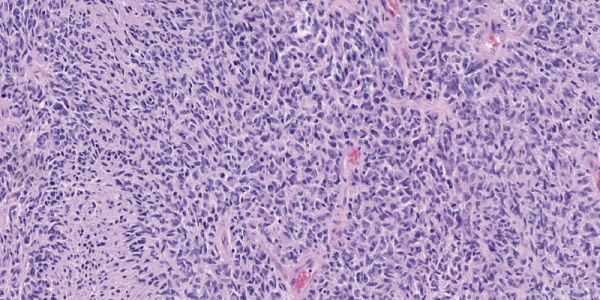
New University Librarian announced
The University is pleased to announce that Masud Khokhar has been appointed University Librarian and Keeper of the Brotherton Collection.

The University is pleased to announce that Masud Khokhar has been appointed University Librarian and Keeper of the Brotherton Collection.

Researchers have for the first time identified the way viruses like the poliovirus and the common cold virus ‘package up’ their genetic code, allowing them to infect cells.

Up to one billion tonnes of solid waste is being openly burned worldwide each year and risks the health of “tens of millions of people”, according to a review of the latest scientific evidence.

Drones, robots and autonomous systems can transform the natural world in and around cities for people and wildlife.

The University was saddened to hear of the death of Dame Fanny Waterman, founder and President Emeritus of Leeds International Piano Competition, on 20 December.

The global food system could drive rapid and widespread biodiversity loss if not changed, new research has found.
Brexit – a message from the Vice-Chancellor and Leeds University Union

A new Leeds-based brain tumour Tissue Bank is set to open following donations from two Yorkshire charities.

For the first time scientists have provided clear evidence that tropical tree lifespan decreases above a critical temperature threshold.

Two new research programmes aimed at reducing the effects and transmission of COVID-19 have been announced.